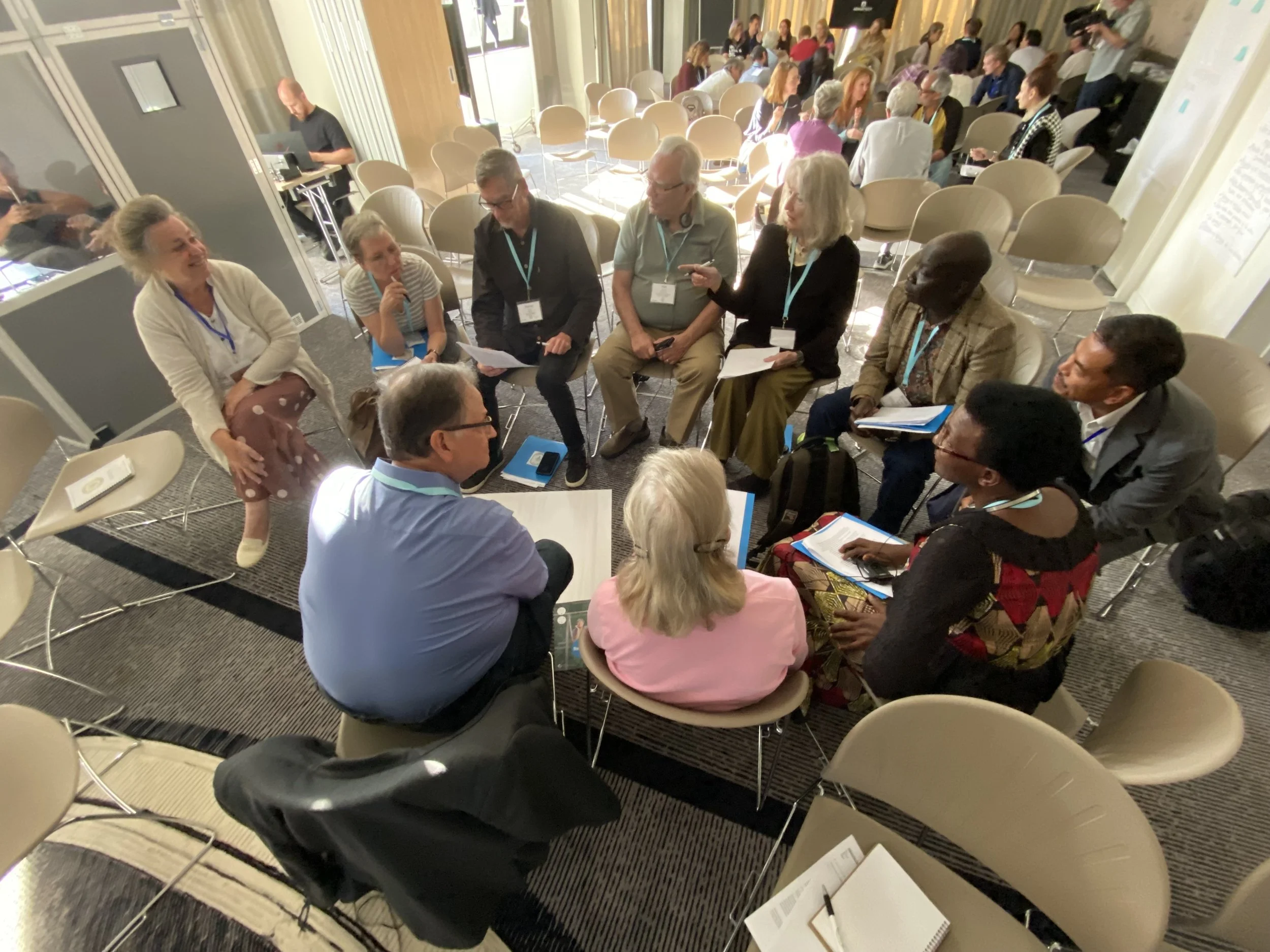Community Collaborations
As practitioners and partners in UCP/A, we face some common challenges. Cross Organizational Working Groups have formed to grapple with important issues and develop materials that could be of value to Community members. In addition, ad-hoc groups form on-line to discuss key concerns facing the Community of Practice.
-
Reflections from the UCP/A Virtual Gathering in November, 2021, and the six regional UCP/A Good Practices Workshops that preceded it English | Spanish | French | Arabic
“Good Practices in Unarmed Civilian Protection” (Paige McLain, Chris Grathwol, and Will Goltra; Nonviolent Peaceforce and University of Minnesota Human Rights Lab), February, 2021 English
-
Decolonizing Tool Box English | Spanish | French | Arabic
Identifying Barriers to Decolonized Governance English | Spanish | French
Key Lessons for Decolonizing English | Spanish | French
Stages for Decolonizing UCP/A Governing Bodies English | Spanish | French
Community Self-protection and Unarmed Civilian Protection/Accompaniment: a way to decolonize peace English | Spanish
Peace Direct’s Journey of Decolonization English
-
Digital Dilemmas Experience Multilingual
Harmful Information English
Understanding Digital Risks in Armed Conflict English
-
-
How a UCP/A Group Could Harm the Community’s Ability to Protect Itself English | Spanish | French
Guidelines for a Code of Ethics for UCP/A Organizations When Engaging Community Voices English | Spanish | French
WANEP - Elections in East Africa English
Responsible Partnerships? Risk, Protection, and Local Actors in Ukraine Humanitarian Response I English | Ukrainian | Spanish | French

